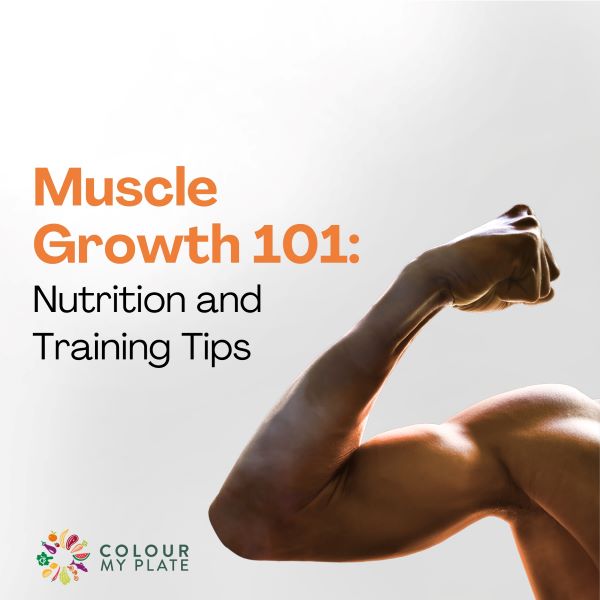
![]() 23 Aug 2024
23 Aug 2024
When it comes to muscle growth, there’s a common misconception that doubling your protein intake is the key. However, the truth is more complex. To effectively build muscle, you need a balanced approach that includes a slight increase in overall calories, sourced from a variety of nutrients – not just protein.
Your diet plays a crucial role in muscle growth. Instead of focusing solely on protein, it’s essential to look at your overall dietary intake. Here’s why:
Essential for muscle synthesis and repair, lean protein helps in breaking down and rebuilding muscle tissues. Sources like chicken, fish, lean beef, and plant-based options such as tofu and legumes are excellent choices.
These are vital for muscle recovery and sustained energy. Foods like whole grains, oats, quinoa, and sweet potatoes provide the necessary fuel for your workouts and help replenish glycogen stores in your muscles.
Fats are crucial for hormone balance and regulation, which play a significant role in muscle growth and overall health. Include sources like avocados, nuts, seeds, and olive oil in your diet.
By incorporating these three macronutrients – protein, carbohydrates, and fats – into your meals, you create a well-rounded diet that supports muscle growth and overall health.
Diet alone isn’t enough to increase muscle mass; strength and resistance training are essential components of any muscle-building program. These exercises create the necessary stimulus for muscle growth.
To effectively integrate these into your routine, focus on compound movements such as squats, deadlifts, bench presses, and rows, which engage multiple muscle groups and promote overall strength and muscle growth. Additionally, incorporate resistance bands, bodyweight exercises, and machines to target specific muscle groups and add variety to your workouts. Combining these training methods with a healthy caloric surplus from balanced nutrition creates the optimal environment for your muscles to grow.
While it’s best to get your nutrients from whole foods, sometimes supplementation can be helpful. If you find it challenging to meet your protein needs through diet alone, consider using whey or vegan protein supplements. These can provide a convenient and efficient way to ensure you’re getting enough protein to support muscle synthesis.
By embracing a comprehensive approach that combines balanced nutrition with a well-rounded exercise regimen, you can achieve your muscle-building goals more effectively. Remember, sustainable muscle growth is about more than just one macronutrient—it’s about creating a harmonious balance in your diet and training that supports overall health and fitness.

We noticed you haven't completed your delivery details.

Your message is sent